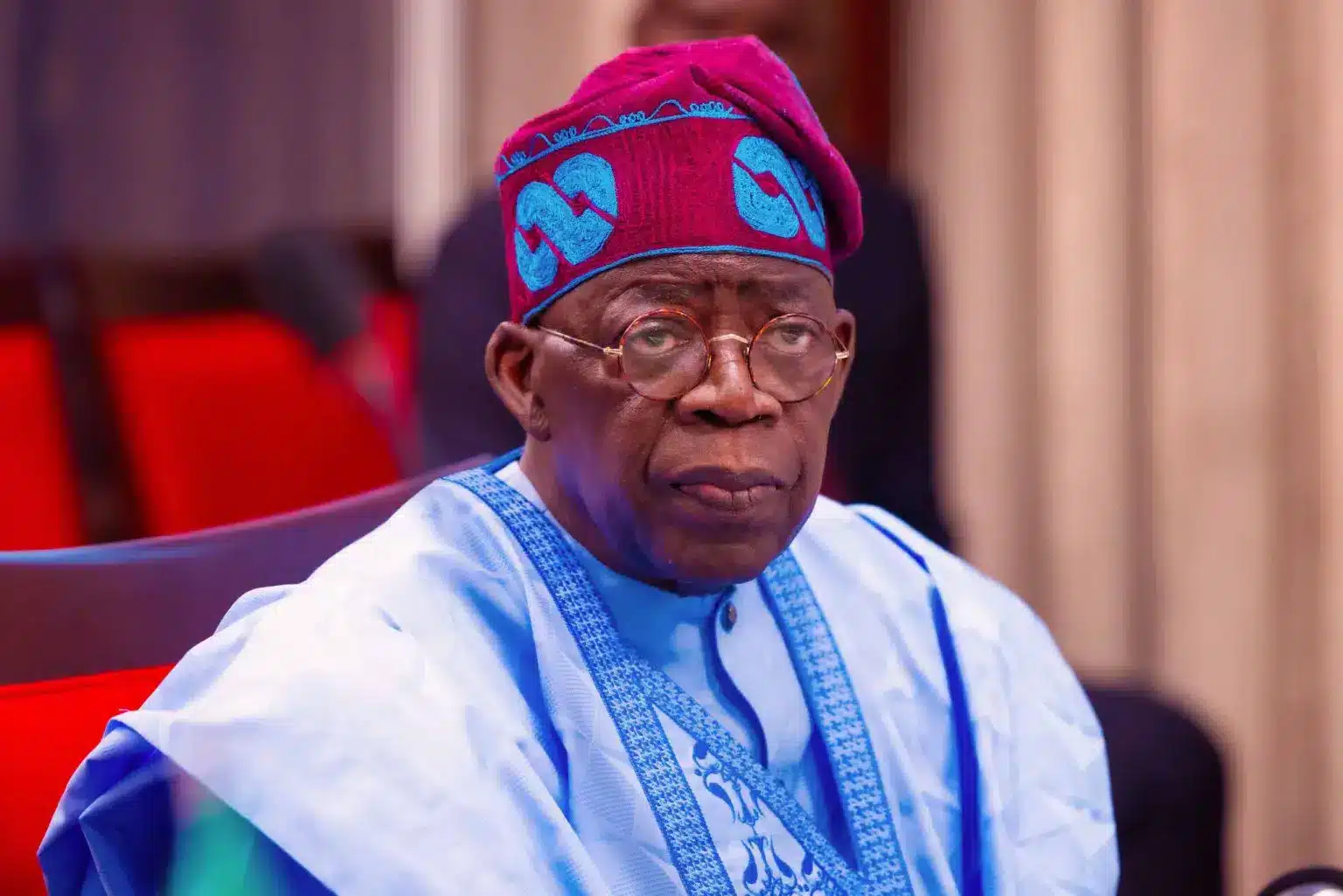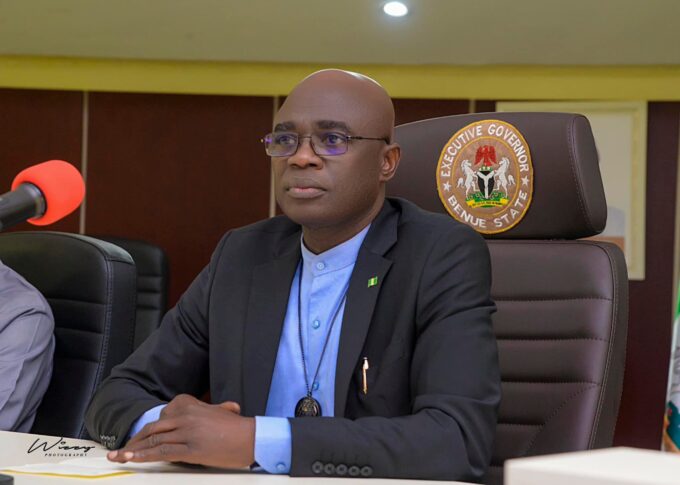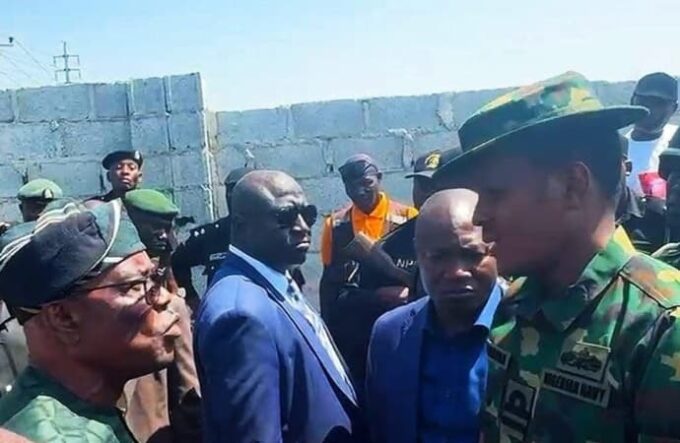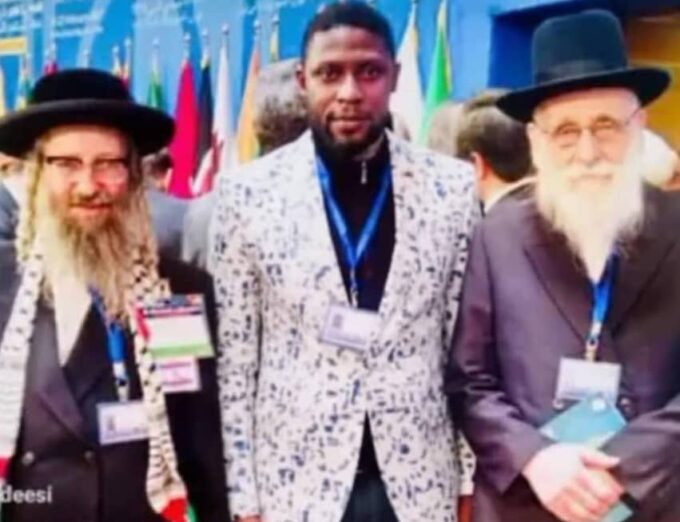Nigeria is bleeding in slow motion, and those elected to protect it are watching with folded arms, issuing press statements as though condolences were a strategy and hashtags were a doctrine of national defense. The earth in Kebbi has barely absorbed the blood of a Vice-Principal before fresh graves are opened in Zamfara, Kwara, Kano and many more towns and cities yet to make it to the headlines. The country is shedding citizens with the quiet regularity of a leaking roof, yet its leaders behave like spectators at a distant theatre.
A Brigadier General falls in the line of duty. Four years earlier, another Brigadier General fell in the same war, in the same region, to the same enemy. The pattern is so consistent it now feels scripted. This is not bad luck. This is a security system perforated from within, bleeding from every artery, while those in charge pretend that issuing a condemnation is an act of governance.
A nation that loses generals the way villages lose goats to rustlers cannot claim to be winning any war. And those who say we are winning are either lying to themselves, lying to the public, or feeding fat on the chaos. Victory does not look like deserted villages, ghost communities, fortified barracks, and abducted schoolgirls. Victory does not look like bandits dictating when farmers may plant or harvest. Victory does not look like parents bargaining with terrorists as if negotiating the price of tomatoes in a market.
This is not victory. It is a choreographed failure.
Leadership has confused resilience with endurance. Nigerians endure suffering; the government calls it strength. Nigerians bury their dead; the government calls it progress. Nigerians flee their ancestral homes; the government calls it “temporary displacement.” At what point does a nation admit that its house is on fire?Schools, those fragile places where a country’s future is supposed to be shaped, have become hunting grounds. From Chibok to Dapchi, from Kankara to Jangebe, now to Kebbi, abduction has become an industry with profit margins, supply chains, negotiators, financiers, links and linkages. The state knows this. The state has the files, the names, the photographs, the phone numbers. But the state treats mass kidnapping like uneventful event.
When terrorists track a General, intercept him, kill him, and escape without being wiped out, it means one and only one thing: the terrorists have intelligence inside the system. Someone whispered. Someone leaked. Someone watched and said nothing. And the institution that should have imposed fear now inspires mockery.
Every serious military in the world lives by a rule: any group that kills a high-ranking officer must be hunted down with overwhelming retaliation. Not for revenge, but to restore deterrence. Failure to respond decisively, signals weakness. Insecurity is not just about firepower. It is a psychological warfare. When insurgents learn they can kill generals and survive, they upgrade their operational confidence. The next target becomes easier.
Yet here, nothing changes. No scorched-earth response. No air dominance. No special forces raid. No disruption of their intelligence networks. The forests remain hospitable to killers, while the cities remain hospitable to cowardice.This is the tragedy. Nigerian military personnel die like chickens in the bush while politicians glide through airports to lobby for kleptomaniacs. They fight for the corrupt; they abandon the honest. They shake hands with scoundrels; they ignore the widows of the fallen heroes. If hypocrisy had a capital, FCT would be a contender.
The political class behaves as though a functioning security system is optional. They have police escorts, military convoys, and bulletproof SUVs. They have safe houses in Europe, medical contacts in Dubai, and diplomatic cover when needed. Only the ordinary Nigerian lives in reality while the governing class lives in insulation.
Look around:Villages in Zamfara negotiate with bandits to avoid slaughter.
Communities in Niger State pay taxes to terrorists because the state cannot guarantee safety.
Farmers in Mairuwa flee their land because the cost of staying alive is higher than the cost of abandoning their crops.
In some parts of Kaduna and Kano States, funerals have become so frequent that mourners now navigate burial grounds like familiar streets.
What kind of country survives this way?
What kind of leadership tolerates this?
What kind of citizens still believe these leaders know what they are doing?
The nation pretends to be at peace. There are rallies, decamping ceremonies, media tours, empty speeches, freshly printed posters. But beneath the noise, the country is not at peace. It is at war. An undeclared war that the leadership is too timid to confront, too confused to understand, and too inept and clueless to win.
A government that cannot protect schoolchildren has no moral authority to govern.
A government that cannot protect soldiers has no strategic right to command.
A government that cannot protect communities has no legitimacy to collect taxes.
A government that cannot protect its generals has already lost the war.
The Nigerian state is failing in plain sight. It is failing openly. And the most dangerous thing about this failure is the normalisation of burial announcements. Citizens now scroll past massacre stories the way they scroll past soccer results. This is the emotional collapse of a nation.
It is time to tell the truth that leaders fear to admit: if the government cannot protect the people, it should step aside for those who can.
Enough of the excuses. Enough of the press releases. Enough of the recycled assurances. A state that cannot secure life has forfeited all claims to authority.
This is where communities must awaken. Not to create further breakdown of law and order, but to defend themselves where the state has abdicated responsibility. Self-defense is not vigilantism; it is survival. When the state leaves voids, those voids fill themselves. Across history, societies that survive existential threats do so because communities organise themselves long before governments wake up from their slumber.
Villages need coordinated neighbourhood watch groups. Towns need intelligence-sharing networks. Regions need defensive alliances. Not militias, not warlords, but structured community protection brigade under clear framework, transparency, and restraint. It is the only way to reduce vulnerability while the state recovers its competence or lack of it. If at all it ever will.
For how long will Nigerians be told to remain calm while burying their children? For how long will villagers be told to cooperate with security forces that arrive only after the blood has dried up? For how long will we pretend that “we condemn” is a response and not an insult?
The Nigerian state has reached a moral crossroads. One path leads to further disintegration, the kind that ends nations. The other path demands honesty, courage, and accountability. Qualities our leaders rarely display.
But the people still have a choice. The communities still have a pulse. And the blood of those killed in Kebbi, Zamfara, Kwara, Kano and many more other towns and cities is still fresh enough to remind us that nothing changes until citizens demand change with the combined force of courage and dogged determination.
The era of excuses is over.
The era of sentimental governance is over.
The era of suffering and smiling is over.
Protect the people, or step aside for those who take that duty seriously. And until then, let every community in this country learn the first rule of survival in a failing state: organise or perish.















Leave a comment